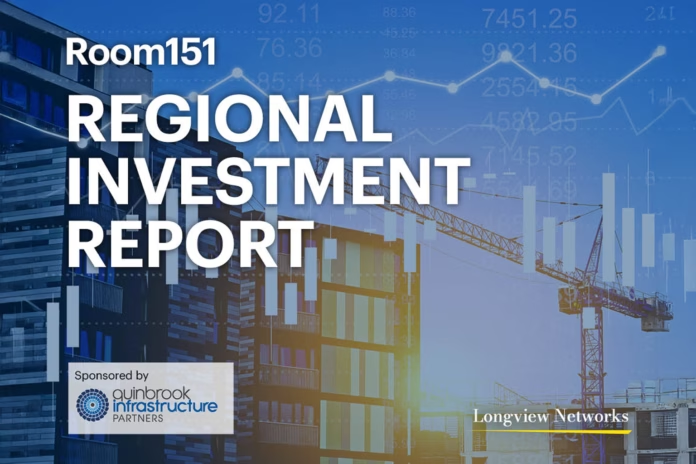Growth stocks have had a favourable ride since the global financial crisis (GFC), but are the tailwinds fading? And are the winds of change supporting value stocks?
The post-GFC era put a premium on companies delivering growth during a period of low economic growth, but the growth delivered was supported by cheap and abundant financing. The pandemic accelerated this trend, supercharging companies that benefited from a closed economy, generous fiscal packages and zero or negative rates. Between January 2009 and end-April 2023, the MSCI World Growth Index delivered 412%, compared to 212% for its value counterpart. Growth has built a commanding lead, but will it last?
Growth headwinds, value tailwinds
A slower-growth environment has seen consumer spending rise at the expense of capital expenditures. More cyclical, value-oriented sectors such as energy, materials and industrials, which benefit from capex, have lagged while the consumer-driven technology, consumer discretionary and communication services sectors have outperformed.
Economic growth has rebounded since the pandemic. This, along with rising geopolitical tensions and increased protectionism, has driven inflation higher and forced central banks to raise rates. Today, we have interest rates above 4%, sticky and persistent inflation, the reshoring of supply chains and massive infrastructure spending plans, factors which could lead to increased capex over the coming years. With loose monetary and fiscal conditions reversing, we see a stronger tailwind developing for value stocks and a headwind facing growth stocks.

Sectors set to benefit from a changing wind
Financials are the biggest component of the value universe, and higher rates coupled with a normalisation of yield curves will provide greater support for them, improving their earnings outlook. The higher cost of capital will also force increased capital allocation discipline. For example, borrowing at near-zero rates to fund share buybacks is likely to slow and the importance of dividends will increase in a higher-rate world.
Reshoring, coupled with decarbonisation goals, should be supportive of higher levels of capex than we have seen for the last decade. Companies that have capital invested in real-world plant and equipment appear better placed than they have been in years. At the same time, growth companies requiring external capital to keep growing may find it more difficult or expensive to access.
Beware of benchmark concentration
The long and significant outperformance of growth stocks, particularly large-cap names, has changed the shape of benchmarks. Core benchmarks are now dominated by large-cap growth stocks, skewing them towards growth factors. Growth benchmarks have become increasingly concentrated in a few names, resulting in value benchmarks becoming more cyclical or deeper value. This means benchmark construction methodology has an increasingly important role to play in investor return profiles. In our view, value investing should be about more than simply owning stocks that screen cheap relative to the universe based on value factors.
That’s because many cyclical stocks often trade at a discount to the market due to the inherent volatility of their earnings. But does this make them good value? Is investing that simple? Owning a value benchmark results in a greater reliance on the economic or credit cycle to drive outcomes. Valuation should be addressed relative to the fundamentals and characteristics of the business and the industry it operates in, not just the universe.
Harnessing the direction of the wind
The next ten years are unlikely to look like the last. Tailwinds that supported growth stocks are reversing, and the headwinds facing value investing are abating. Growth investors will still do well, but need to be more discerning in how and where they are looking to access growth. Value investors should find more opportunities but need to take a closer look at how they assess value. Whichever way the wind blows, investors can harness the power of an active approach by appointing managers with strong fundamental research capabilities and a track record of good stock selection. Because it’s not just about buying cheap companies. It’s also about knowing what you own and why you own it.
Learn more here.
For more information about MFS’ capabilities, please contact Kelly Tran, managing director – UK & Ireland institutional sales, via ktran@mfs.com.
55119.1
The views expressed in this article are those of MFS and are subject to change at any time. These views should not be relied upon as investment advice, as securities recommendations, or as an indication of trading intent on behalf of any MFS investment product.
Issued in the UK by MFS International (U.K.) Limited (“MIL UK”), a private limited company registered in England and Wales with the company number 03062718, and authorised and regulated in the conduct of investment business by the UK Financial Conduct Authority. MIL UK, an indirect subsidiary of MFS®, has its registered office at One Carter Lane, London, EC4V 5ER.













